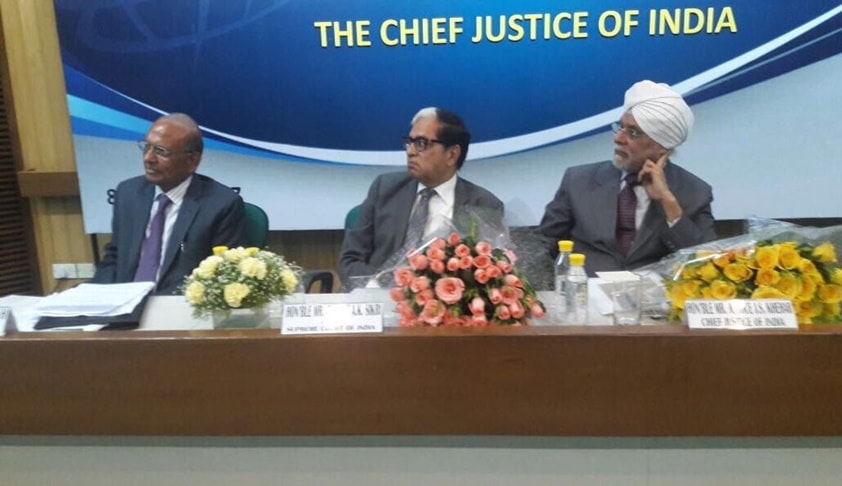New Legislation Required To Deal With Inter-Country Child Custody Cases: Chief Justice Khehar
Prabhati Nayak Mishra
8 July 2017 8:12 PM IST

Next Story
8 July 2017 8:12 PM IST
Expressing concern over the future of children and their rights in bad marriages abroad and the challenges before Indian judiciary to handle such cases, Chief Justice of India (CJI) JS Khehar has said child right is vital and there has to be a new legislation to deal with inter-country custody cases."When the child custody fight transcends national boundaries, the welfare of the child suffers,...
